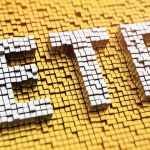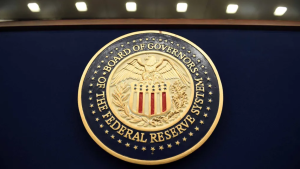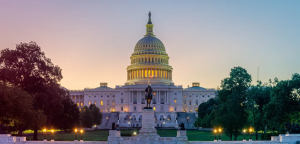Introduction: Economic Uncertainty in Business Spending
As the global economy continues to experience fluctuations and shifts, the business spending outlook is increasingly uncertain. In this article, we’ll delve into the key insights from Business Spending Outlook and discuss the prevailing sense of caution among businesses in a slowing economic landscape.
- Factors Contributing to Economic Slowdown
Several factors have contributed to the economic slowdown, including ongoing supply chain disruptions, labor shortages, inflation concerns, and a shift in consumer behaviors driven by the pandemic.
- The Impact on Business Spending
Businesses of all sizes and across various industries have had to reevaluate their spending plans in response to these economic challenges. Many are adopting a cautious approach.
- Delayed Investment Decisions
One noticeable trend is the delay in capital investment decisions. Businesses are scrutinizing projects and holding off on substantial capital expenditures, especially in sectors affected by supply chain disruptions.
- Volatility in Business Investment
Market volatility and economic uncertainty are causing many businesses to reconsider expansion plans and long-term investments. This increased volatility influences both small businesses and large corporations.
- Supply Chain Challenges
The ongoing supply chain disruptions are adding complexity to the decision-making process for businesses. Unpredictable delays in the arrival of essential goods and materials are affecting production schedules and profitability.
- Labor Shortages and Wage Pressures
Labor shortages are another concern. Companies are not only struggling to find qualified workers but are also grappling with wage pressures. Higher labor costs can significantly impact budgets and profitability.
- Inflation and Its Ramifications
The surge in inflation, driven by factors like rising energy costs and supply chain disruptions, poses a significant challenge to businesses. It affects both the cost of production and consumer purchasing power.
- Consumer Behavior Shifts
The pandemic has prompted shifts in consumer behavior, with more consumers turning to e-commerce and digital solutions. Businesses are adapting to meet these changing preferences.
- Efforts to Streamline Operations
Many businesses are focusing on streamlining their operations to optimize efficiency. This includes investments in automation and technology to reduce costs and improve competitiveness.
- The Importance of Financial Preparedness
In the face of economic uncertainty, businesses are increasingly prioritizing financial preparedness. Maintaining adequate cash reserves and credit lines is essential for weathering economic downturns.
Conclusion: Navigating Uncertainty with Caution
As the economy experiences fluctuations and challenges, businesses are adopting a cautious approach to spending. The economic landscape remains unpredictable, and companies are prioritizing resilience, adaptability, and efficiency in their operations. A focus on financial preparedness and a willingness to pivot in response to changing circumstances will be critical for businesses as they navigate the road ahead.

























